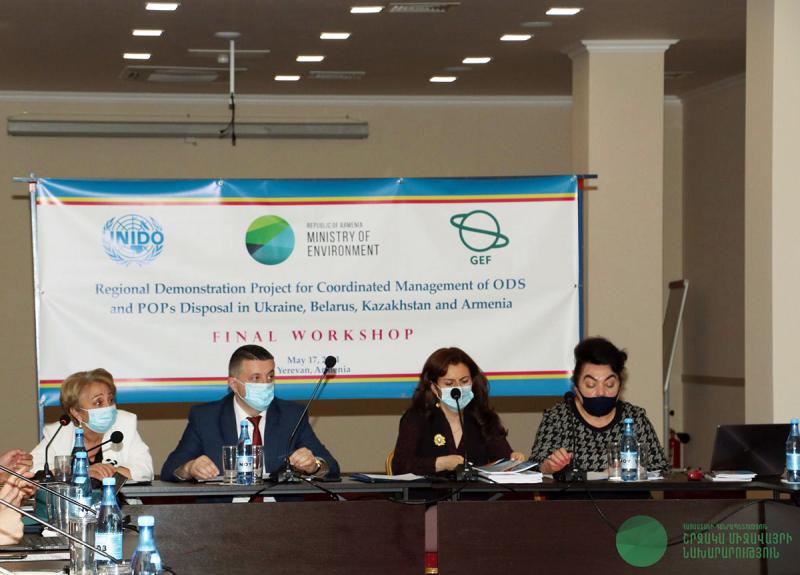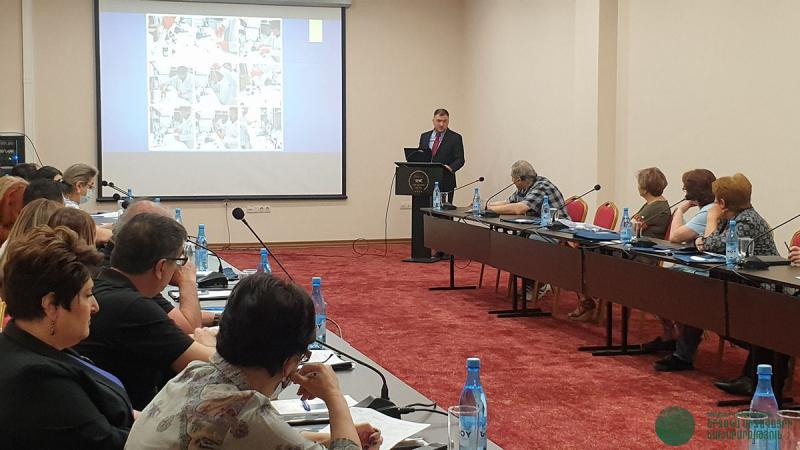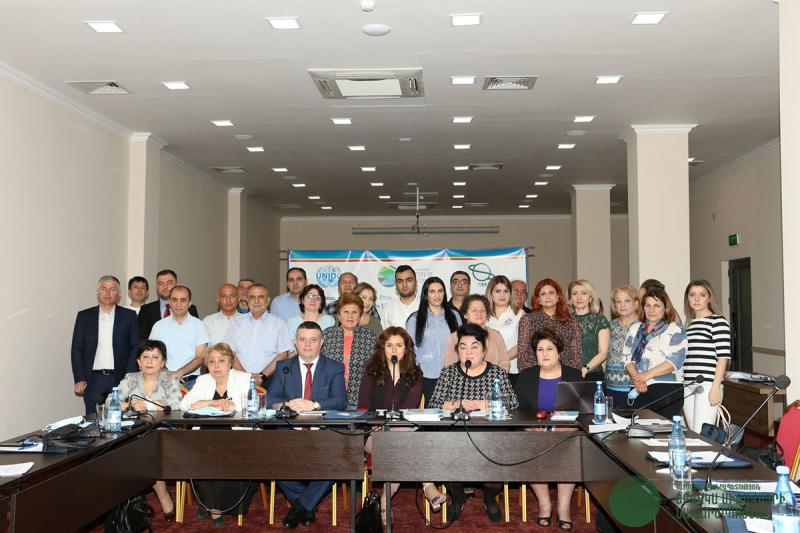The project was implemented jointly by the Ministry of Environment and the United Nations Industrial Development Organization with funding of GEF Trust Fund.
The Republic of Armenia participated in the project only under the polychlorinated biphenyls (PCBs) component streamlined by the Stockholm Convention.
The Republic of Armenia ratified the Stockholm Convention on October 22, 2003, assuming a number of legal, administrative and environmental obligations.
The problem of persistent organic pollutants is presently very urgent, as they are toxic chemicals that pose a chemical threat to human health, the environment and biological integrity.
Most of them are highly toxic and cause a number of serious diseases. Persistent organic pollutants spread over long distances via air-water masses, are incorporated into food chains, and accumulate in humans and animals.
In the course of the project, 2000 samples of oils containing polychlorinated biphenyls were registered, detected and labeled to determine the method of further neutralizing or destroying them.
The workshop was attended by officers of Environmental Protection and Mining Inspection Body, Health and Labor Inspectorate, Urban Development, Technical Standards and Fire Safety Inspectorate, stakeholder agencies, as well as representatives of "Electric Networks of Armenia" CJSC, "Gazprom Armenia" CJSC, "Hrazdan-5", "Yerevan Thermal Power Plant" CJSC, "Hrazdan Thermal Power Plant" OJSC, "High Voltage Electric Networks" CJSC, "International Energy Corporation" CJSC.
Deputy Minister of Environment A. Mazmanyan made opening remarks.
Taking into consideration the fact that the oils are mainly in the operating equipment, it is urgent for our country to neutralize these oils from PCBs via relevant specialized equipment for their further secondary use.
The Parties to the Convention with backing of the Global Environment Facility may acquire oil refinery neutralization system.







